
Synopsis:
Major developmental activities being implemented in Afghanistan are project based. On the other hand, there are very limited project management knowledge available on the ground.
Project Management Professionals are few and even there is very low interest among the project management team to improve their learning to the next level.
Leadership is another issue. Available leaders are not able how to influence the subordinates.
Both skills whether it is project management or leadership can be learnt as algebra or geometry.
Brief Intro to Training:
Training on:Project Life Cycle Management and Effective Leadership
Commencement: April 23- ,2018
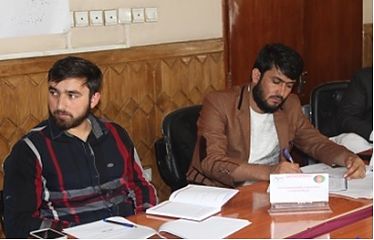
End: April 27,2018
Venue: Kabul, Afghanistan
Duration: 4 Days
Clients: AHDS
Total Participants: 11
Objectives of the Training
Course Introduction:
In order to maximize the chances of success of any development program, it is important that all stake holders, understand the various aspects of managing a project. This Project Cycle Management Course is designed to impart practical skills and knowledge, confidence related to the conceptualization, planning, implementation, management and evaluation of community projects.
Course Outline:
The training will cover the following areas:
- Institutional Vs Organizational Development
- PCM as a Training Tool PROJECT CYCLE MANAGEMENT TRAINING (PCM)
- Overview of PCM
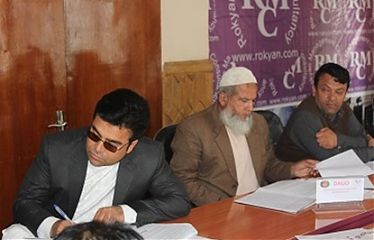
- Project Identification
- Project Design
Ø Stake Holder Analysis
Ø Research on Baseline Information
Ø Problem and Objective Trees
- The Logical Framework Approach
Ø Goals/purpose
Ø Output/activities
Ø Indicators
Ø Assumption/preconditions
- Proposal Development
- Action Planning
- Project Implementation
- Monitoring and Reviewing
- Project Management
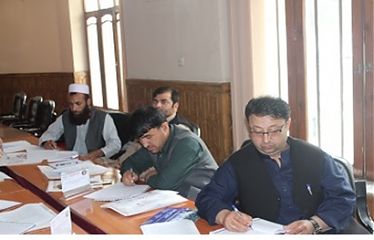
Ø Pitfalls to Avoid
Ø Project Close Outs
Leadership
Defining Leadership
- A brief History of Leadership
- The Theory of the Great One
- The Trait Theory
Types of Leadership
- Participative Leadership
- Situational Leadership
- Contingency-Based Leadership
- Transformational Leadership
A Personal Inventory
- An Introduction to Kouzes and Posner
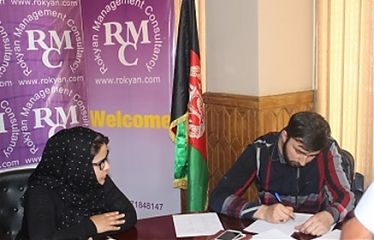
-
A Personal Inventory
-
Creating an Action Plan
Modeling the Way
-
Determine your Way
-
Being an Inspirational Role Model
-
Influencing Others' Perspectives
Inspiring a Shared Vision
-
Choosing your Vision
-
Communicating your Vision
-
Identifying the Benefit for Others
Challenging the Process
-
Developing your Inner Innovator
-
Seeing Room for Improvement
-
Lobbying for Change
Enabling Others to Act
-
Encouraging Growth in Others
-
Celebrating Accomplishments
-
Making Celebration Part of your Culture
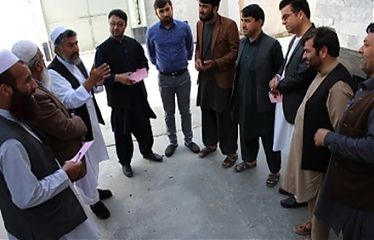
Encouraging the Heart
-
Sharing Rewards
-
Celebrating Accomplishments
-
Making Celebration Part of your Culture
Influencing Skills
-
The Art of Persuasion
-
The Principles of Influence
-
Creating an Impact
Setting Goals
-
Setting SMART Goals
-
Creating a Long-Term Plan
-
Creating a Support System
-
Dealing with Questions
Procedure of the Training:
Training started with the introduction of the:
-
Rokyan Management Consultancy International
-
Training
-
Participants
-
Trainer
Introduction was done with the distribution of world leaders. Those who had more information about world leaders were set to be awarded.
Trainer, at really beginning, explained the major terms which are essential for a project management professional to have initial knowledge of.
Trainers tried to keep the team involved in different group activities in assist them to learn from their project mistakes, lessons learned and the experiences they had in different other organizations.
Further, each day was opened with the course after action review in which on pre-selective basis three participants were notified.
Two trainers were assigned the to the training. Specialized trainer for PLCM and another experienced trainer for Leadership.
Both trainers put all their efforts to make the training more and more interesting and goal oriented.
Course was designed in a way to make the participants learn the core values of being a leader and how to influence subordinates effectively.
Training Methodologies:
Rokyan applied internationally acceptable and common methods to run the training practically such as:
-
Daily Testing
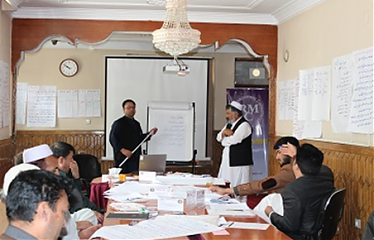
- Videos
- Role Play
- Presentations
- Brainstorming
- Lectures
- Exercises
- Participatory
- Practical works
Strengths of the Training:
- Experienced trainer
- Trainer with international exposure
- Trainer having full command over the subject matter
- Effective training materials
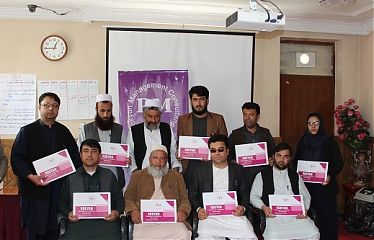
- Effective group activities
- Enough involvement of the participants
- Participants commitment to learning
- Participants timely availability to the training
- Active participants
- High level interest of the participants in the training
- Enough space for exercise and group works
- Friendly support staff
